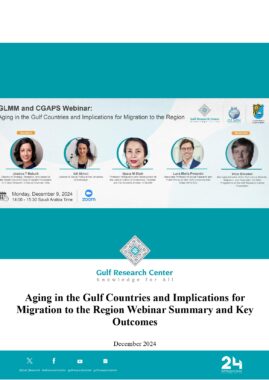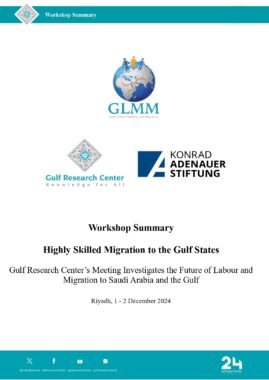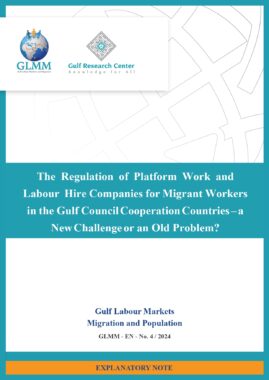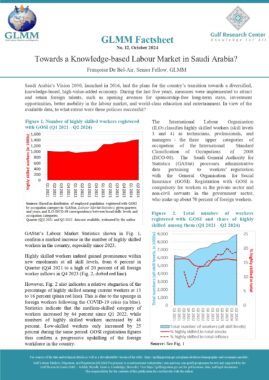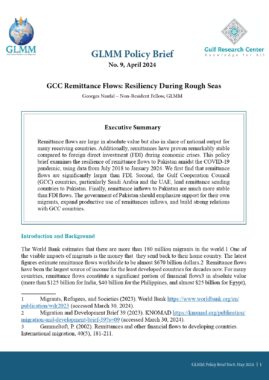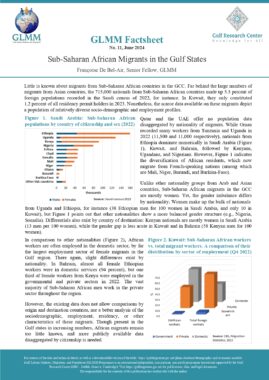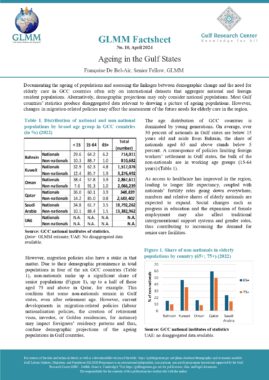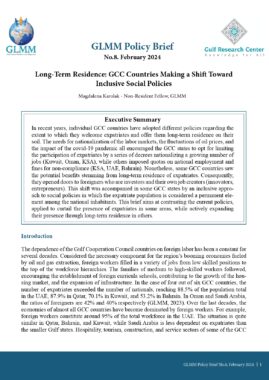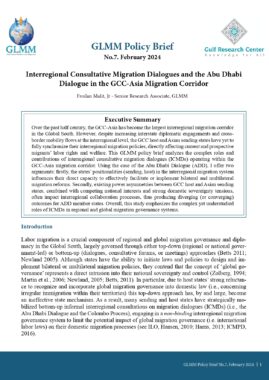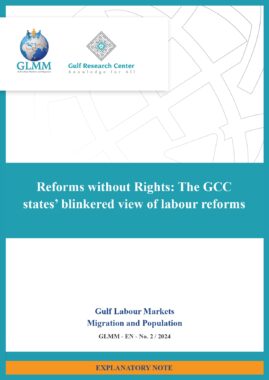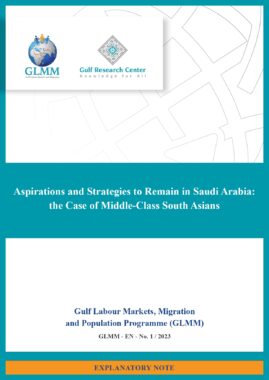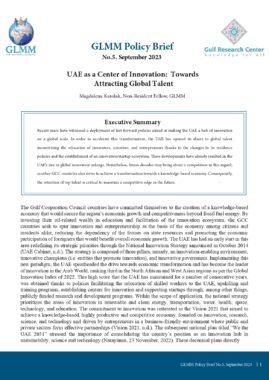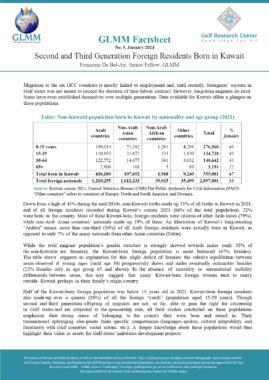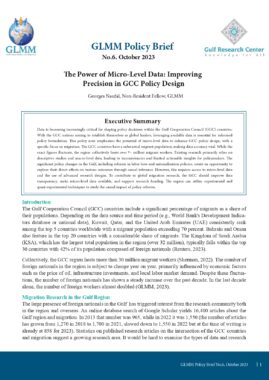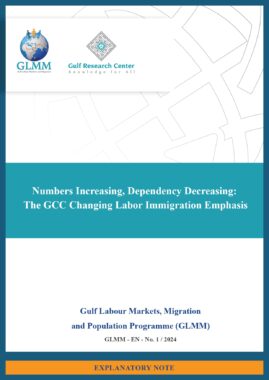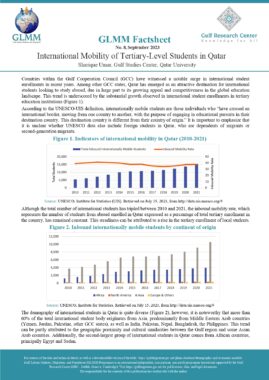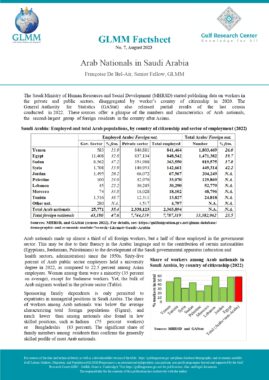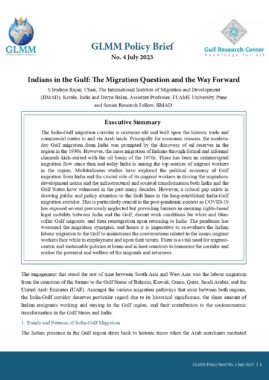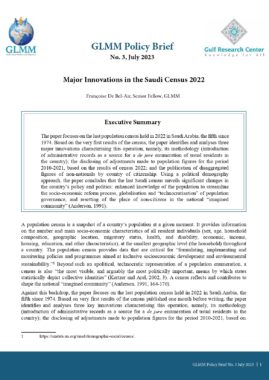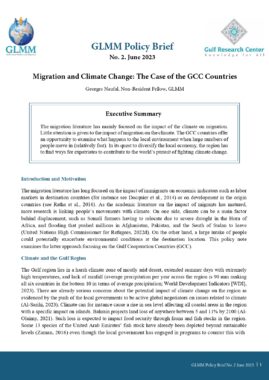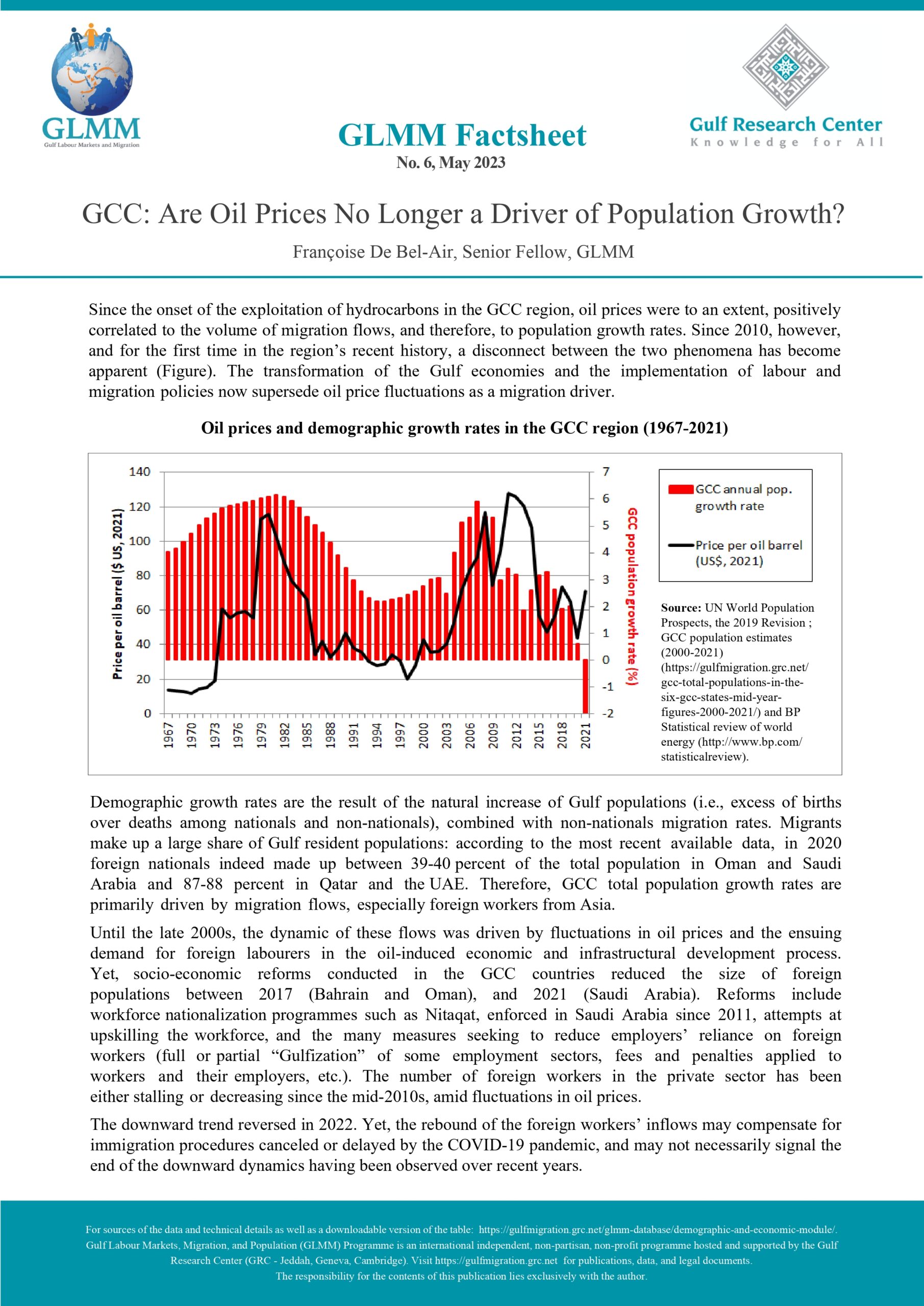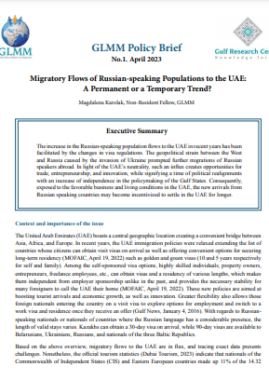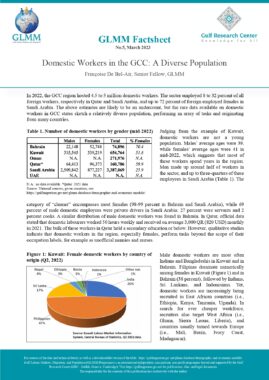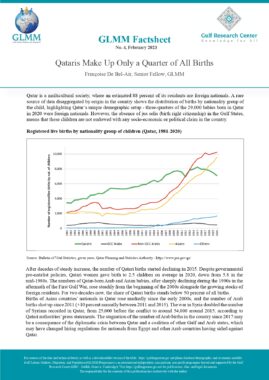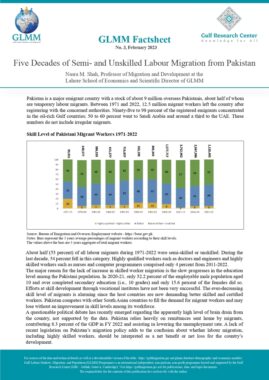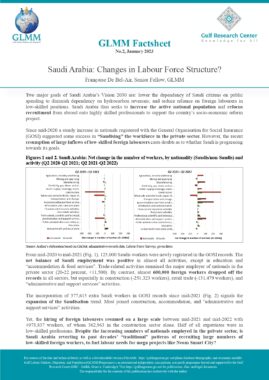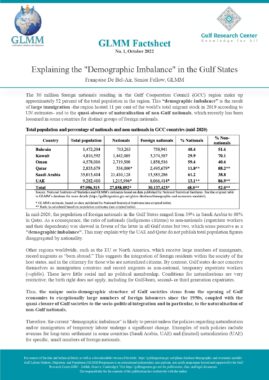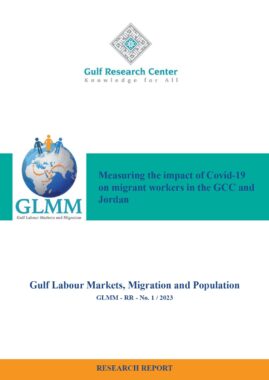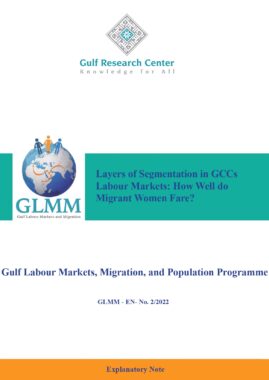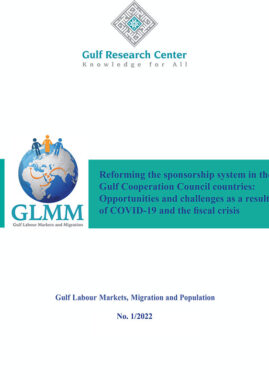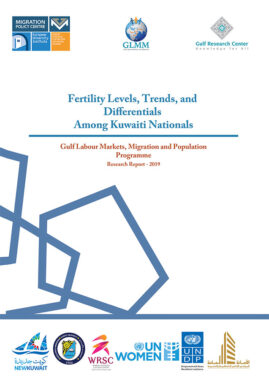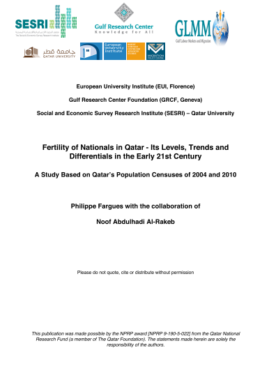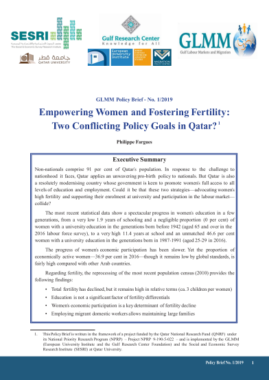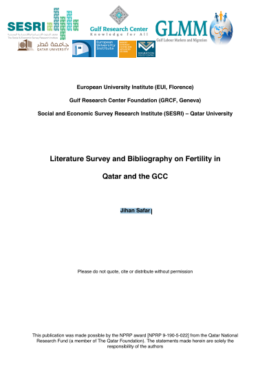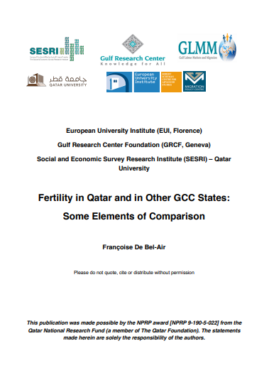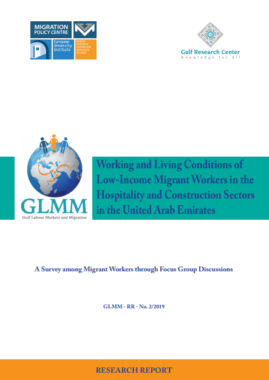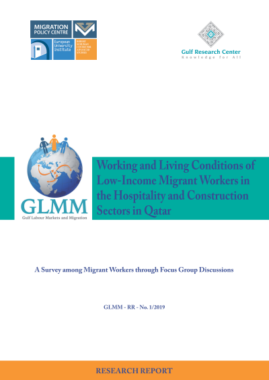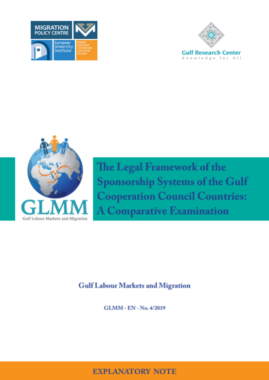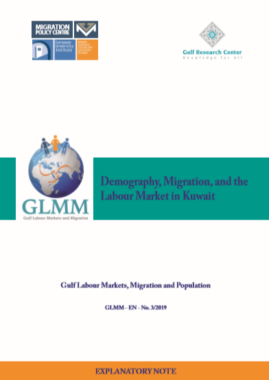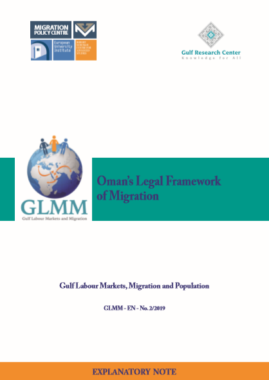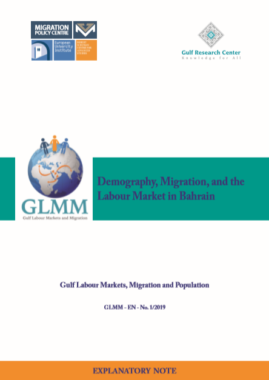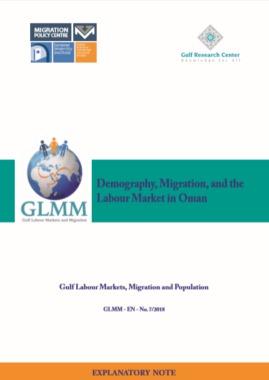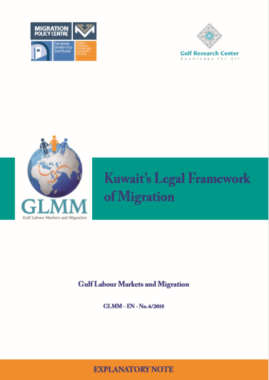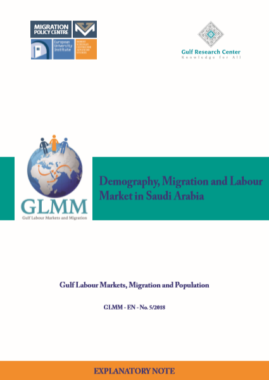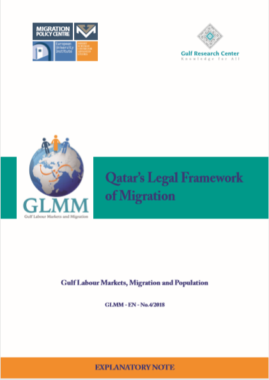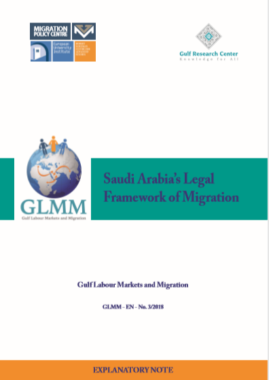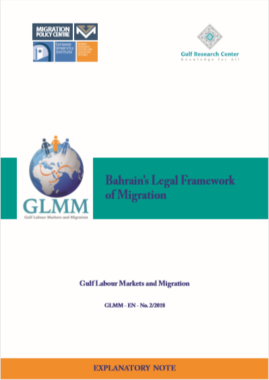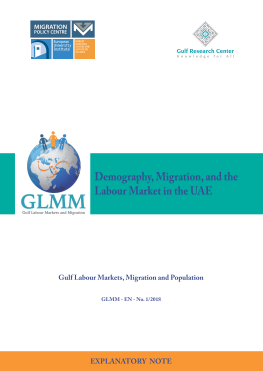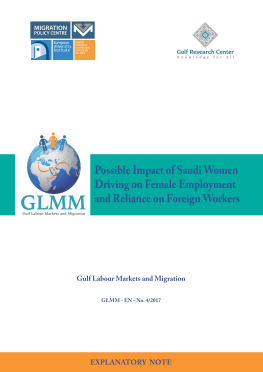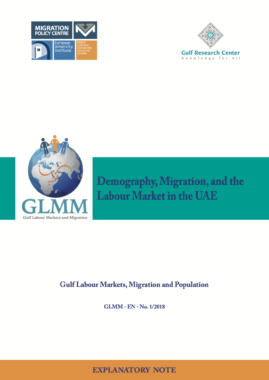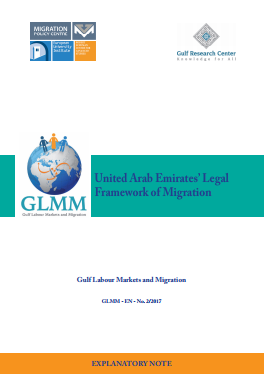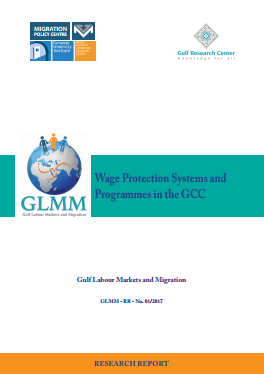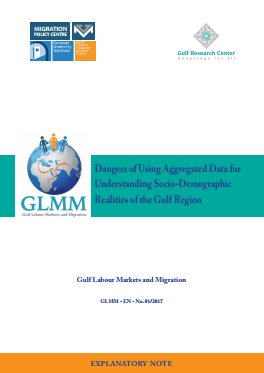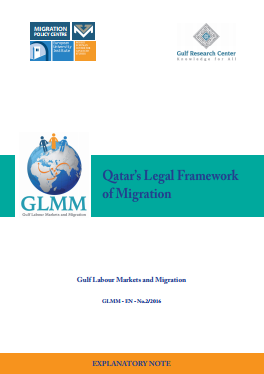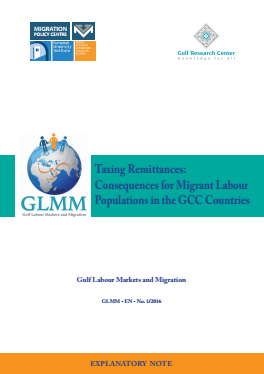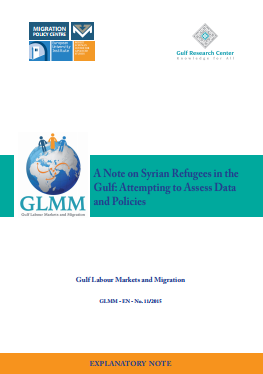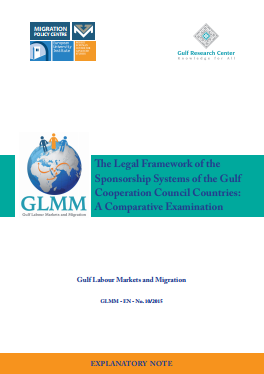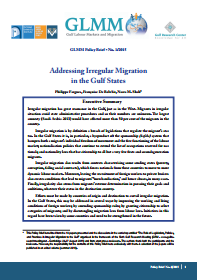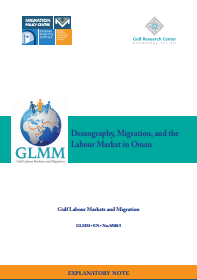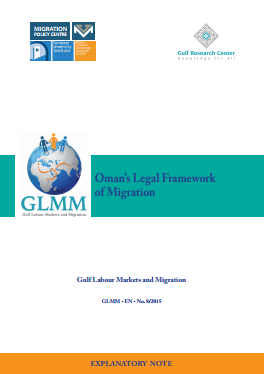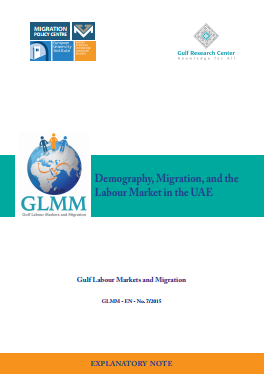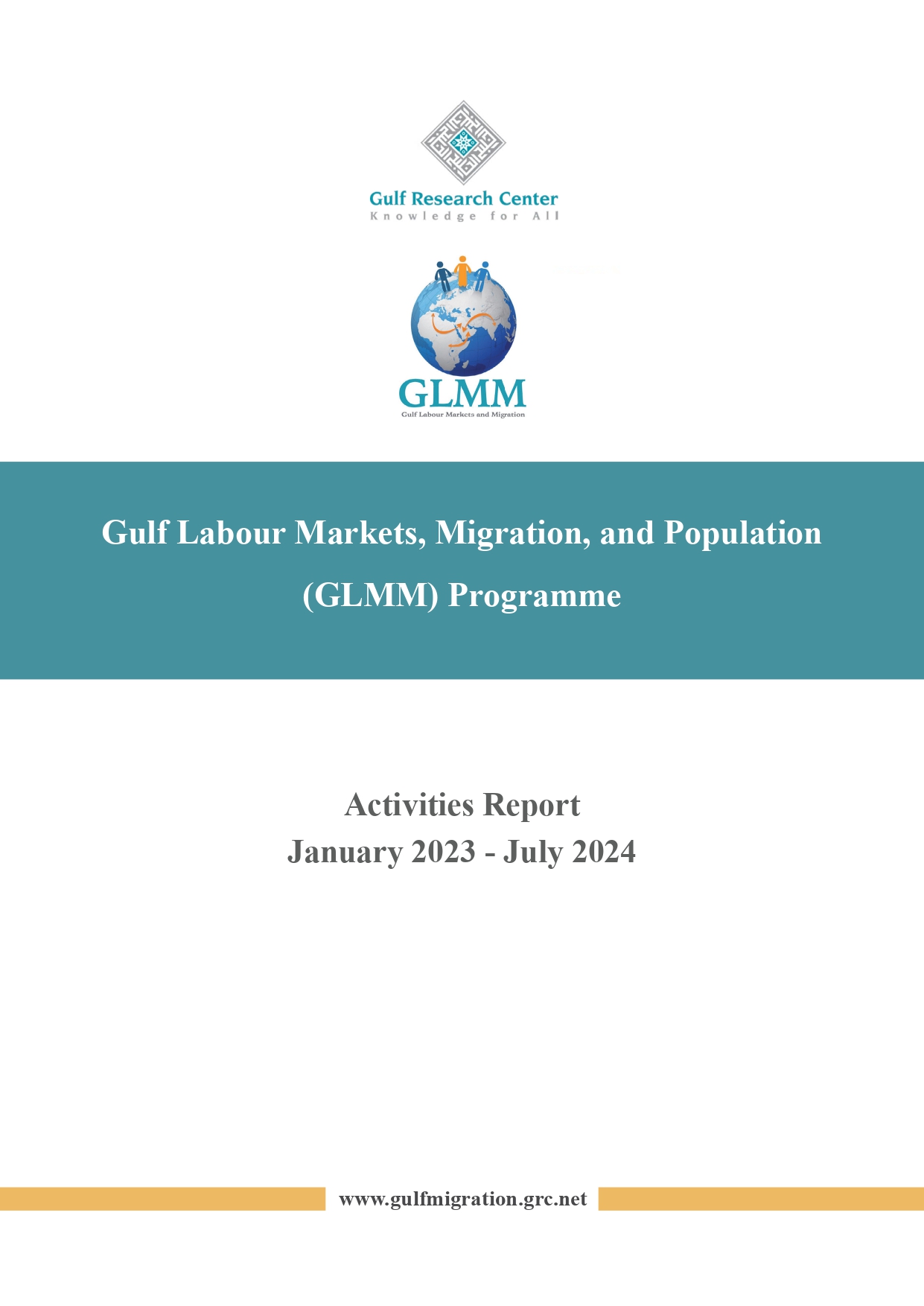UAE: Employed population by nationality (Emirati/ Non-Emirati), sex and Emirate (1975)
| Emirate | Emiratis | Non-Emiratis | Total |
| Abu Dhabi | 11,946 | 109,467 | 121,413 |
| Dubai | 10,739 | 89,398 | 100,137 |
| Al Sharjah | 8,639 | 26,289 | 34,928 |
| Ajman | 1,643 | 5,123 | 6,766 |
| Umm Al – Quwain | 987 | 1,857 | 2,844 |
| Ras Al Khaima | 5,721 | 10,162 | 15,883 |
| Al Fujairah | 3,087 | 2,993 | 6,080 |
| Grand Total | 42,762 | 245,289 | 288,051 |
NBS, Ministry of Economy.
ANNEXED NOTE
1. Characteristics of data, definitions and population counting operations in the UAE
The first population census was conducted in 1968 by the Council of Developing Trucial States.
After Independence in 1971, a population census of the Emirate of Abu Dhabi was conducted that same year.
The first general population and establishments census in the UAE was conducted in 1975. It was the first census in the region following scientific standards and international recommendations. The other federal censuses were conducted in 1980, 1985, 1995 and 2005.
Reference days for UAE censuses: 30/12/1975; 15/12/1980, 16/12/1985, 16/12/1995; 29/10/2001; 06/12/2005.
Reference day for 2005′ census: 6 December 2005
Implementation method: the census was carried out according to de jure methodology, i.e. counting persons using their usual place of residence
Population of reference: Emirati nationals usually residing in the country+all foreign residents holding a valid residence permit+resident GCC nationals (nationals of other GCC states don’t need a permit to stay in the UAE)
2010′ federal census was eventually cancelled but the Emirates Identity Authority (EIDA), an independent federal authority established in 2004, is currently in charge of recording all UAE residents, national and expatriates in order to set up a Population Register and an ID card program. The process is stil ongoing.
2. Institution which provides data
National Bureau of Statistics (NBS)
3. Data availability
Population statistics are available on NBS’s website:
http://www.uaestatistics.gov.ae/EnglishHome/tabid/96/Default.aspx
http://www.uaestatistics.gov.ae/Home/tabid/38/Default.aspx
Data are classified by subject and statistical publications are available on PDF or Excel format. Population data disagregated by nationality (Emirati/ non-Emirati) are scarce.
2005′ census data is available at:
http://www.uaestatistics.gov.ae/EnglishHome/ReportsByDepartmentEnglish/tabid/104/Default.aspx?MenuId=1&NDId=365
The present data is taken from:
http://www.uaestatistics.gov.ae/EnglishHome/ReportDetailsEnglish/tabid/121/Default.aspx?ItemId=1869&PTID=104&MenuId=1
Date of access: November 2014.
Similar Posts:
- UAE: Population by nationality (Emirati/ Non-Emirati) and Emirate (1995)
- UAE: Population by nationality (Emirati/ Non-Emirati) and Emirate (1985)
- UAE: Population by nationality (Emirati/ Non-Emirati) and Emirate (1980)
- UAE: Population by nationality (Emirati/ Non-Emirati) and Emirate (1975)
- UAE: Population by nationality (Emirati/ Non-Emirati) and Emirate (2005)
Tags: Employment, Foreign Labour, National & Foreign Labour, United Arab Emirates







